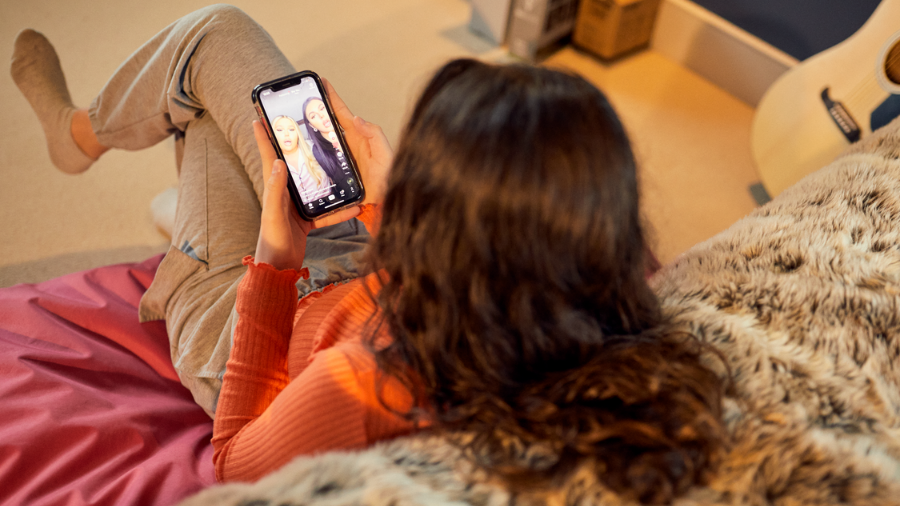Access to social media
What children and young people told us
We asked our Voice of Online Youth and Young People’s Board for Change to share their thoughts on smartphones, social media and getting your first phone.
- Children felt that the current world ‘revolves around social media and being online.’ This meant they would miss out on opportunities, including learning, if they were not given access.
- They felt ‘social media plays a huge role in communication and that it’s essential for young people to be able to connect, build and nurture relationships.’
- Children felt that the world had changed and is not like it was when their parents were young. With everything being online, they felt limiting access would be hard to enforce.
- Children recognised that not all content they see on social media was good and described some as ‘brain rot’ content which holds no value to them.
- Children shared concerns about online hate accounts and forums targeting individuals and sharing racial slurs and emojis.
- Young people shared feeling disappointed when they report to platforms and no action is taken. One said ‘we’ve reported it, we’re handed it to you on a plate…it’s your responsibility to make sure this kind of stuff doesn’t happen on your platform’.
What parents told us
We asked our Voice of Online Youth and Young People’s Board for Change to share their thoughts on smartphones, social media and getting your first phone.
- Parents reported feeling comfortable with their children using some aspects of social media, like messaging people they already know or checking the news. However, they worry about other ways that social media can be used, like live streaming and meeting new people.
- Having parental controls or parental supervision increases the range of activities that the parents were happy for their children to engage in on social media.
- Some of the parents shared concerns about the lack of critical thinking particularly with short form content. They worry that this is reinforcing unsafe or controlling behaviours.
- Parents shared concerns about misinformation and hateful content including racism and misogynistic content being shared on social media and seen by their children.


